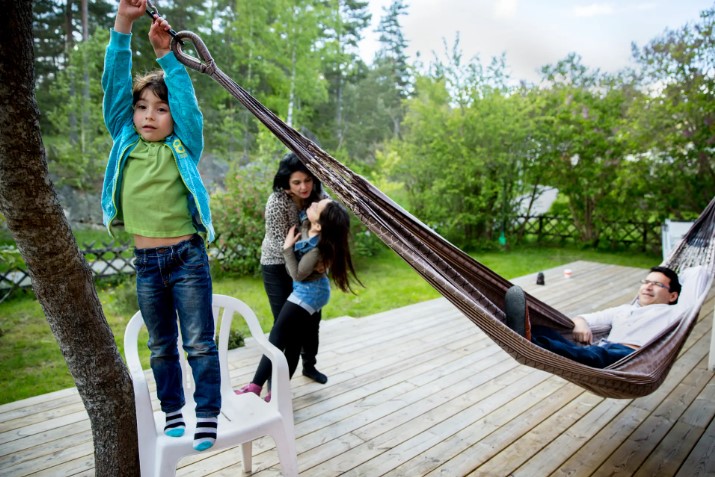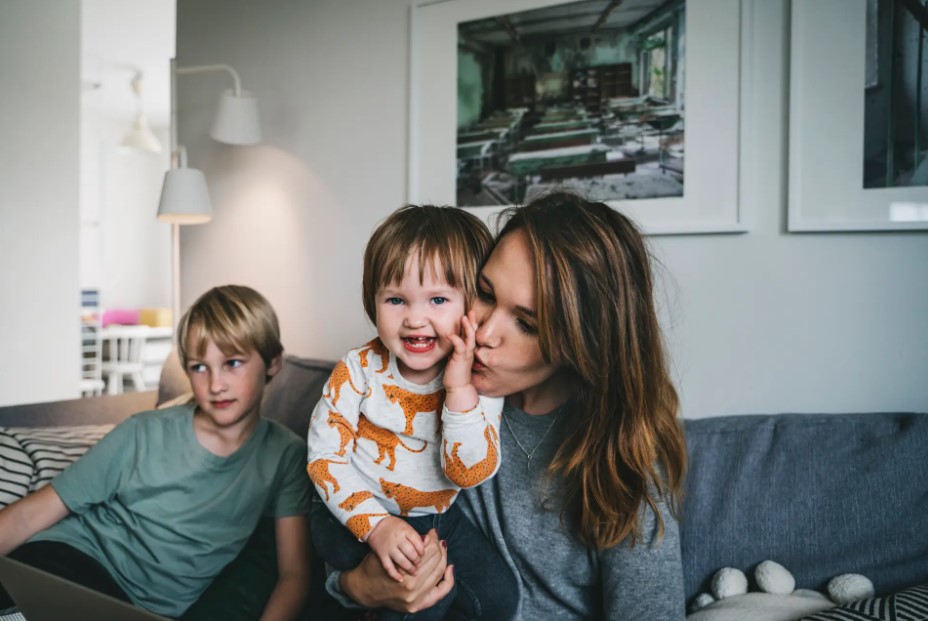Gender equality
One of the overarching Swedish principles for gender equality is that everyone, regardless of gender, has the right to work and support themselves, and to balance career and family life.
On a national level, this principle is also about laying ground for the economy. Sweden has a long history of policies with the goal of getting equal numbers of men and women – in other words, as many people as possible – into the workforce in order to increase the country’s growth.
In 1974, Sweden was the first country in the world to replace gender-specific maternity leave with parental leave.
From our partners:
Parental leave
Sweden’s efforts to achieve gender equality have paid off to quite an extent.
Walk around any Swedish city or town today and you’re likely to find fathers pushing prams and sharing coffee with each other while feeding their babies in cafés and parks. Sweden is indeed home both to ‘latte mums’ and ‘latte dads’.
And in the OECD’s latest ranking of countries according to labour force participation rate, Sweden is ranked first.
Parents in Sweden are entitled to 480 days of paid parental leave when a child is born or adopted. Each parent – should they be two – is entitled to 240 of those days. If the child is born in 2016 or later, each parent has 90 days reserved exclusively for him/her. Should he/she decide not to take these, they can’t be transferred to the partner. A single parent is entitled to a full 480 days.
Statistically, fathers in Sweden currently average around 30 per cent of all paid parental leave.
Childcare, schooling and healthcare
From the day they turn one, children in Sweden have the right to a place in nursery school. Most children begin nursery school at some point and attend it until the fall of the year they turn six – that’s when compulsory school begins. Affordable childcare means that most parents in Sweden choose to go back to work after their parental leave.
School for children aged 6 to 19 – from ‘preschool class’ (förskoleklass) to upper secondary school/sixth form/high school – is fully tax-financed, most often including lunches.
If you work in Sweden and need to take days off to care for a sick child, there is compensation through the Swedish Social Insurance Agency, which is available for parents with children under 12 years. Children aged 12–15 require a doctor’s certificate.
The majority of Sweden’s healthcare, including childbirth, is tax-subsidised.

Sweden is child-friendly
From pram ramps to playgrounds and dedicated park sections for children, Sweden has a lot of public areas and features to keep the entire family happy.
Most shopping centres and libraries have nursing rooms for infants and changing tables in shared bathrooms. When dining out, most restaurants will provide a high chair for babies and toddlers, and many also have changing tables in the toilets.
Sweden also has a strong literary culture geared towards children. Libraries offer children’s books in different languages and often activities such as painting, crafts and sing-alongs.
In short, Sweden is a family-friendly country.

For enquiries, product placements, sponsorships, and collaborations, connect with us at hello@zedista.com. We'd love to hear from you!
Our humans need coffee too! Your support is highly appreciated, thank you!

